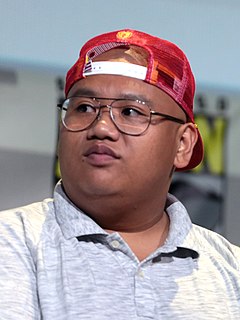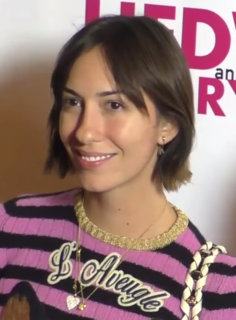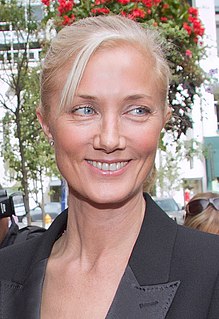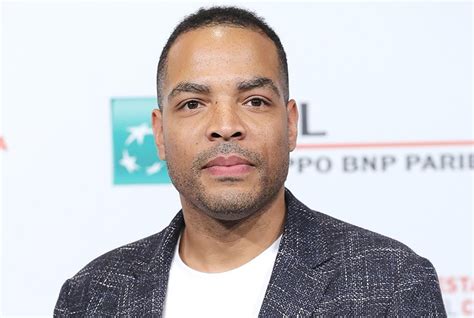A Quote by Werner Herzog
I run my own film school, the Rogue Film School, and I do it over three and a half days, eight hours non-stop everyday; alone, single-handedly. But the difference is in the Rogue Film School I do have real human beings in front of me from all over the world, and of course there's this course as well, they can ask, talk about their problems and obstacles, finances, anything, you just name it. Whereas in the Masterclass, you are speaking to cameras.
Quote Topics
About
Alone
Anything
Ask
Beings
Cameras
Course
Days
Difference
Eight
Everyday
Film
Film School
Finances
Front
Half
Half Days
Hours
Human
Human Being
Human Beings
Just
Me
My Own
Name
Non-Stop
Obstacles
Over
Own
Problems
Real
Real Human
Rogue
Run
School
Single
Single-Handedly
Speaking
Stop
Talk
Three
Well
Whereas
World
Related Quotes
I was at art school that had quite a celebrated film course as well. I tried for that film course when I was 18, but they said I was too young. I tried this audio and visual design course instead. Two years later, I reapplied for that higher course, but they said I was still too young and to try in five years.
I went to Oberlin College, and they don't have a film major, but they do have what's called an individual major, where you can sort of pitch to a committee your own course study, and if they approve it, you have essentially just designed your own major. So Oberlin doesn't have a film major; they do have a film minor... And then my spring semester of my junior year, I went off to NYU film school as a visiting student - they have a program for kids from other schools to come in for a semester.
Film team kept me very, very shielded when I was that young, because of course, I was seven years old. You know, you're still kind of reading. It's still kind of like, "Cat." "Dog." "Ann jumped over fence." So I guess in a way it helped me progress in school, too, because I was reading so much and memorizing so much. But they kept me very shielded from everything that was going on in the The Amityville Horror. I didn't know anything, basically, about the film. I just knew that it was a scary film. I wasn't allowed to watch it. I can watch it now, I'm just too scared.





































